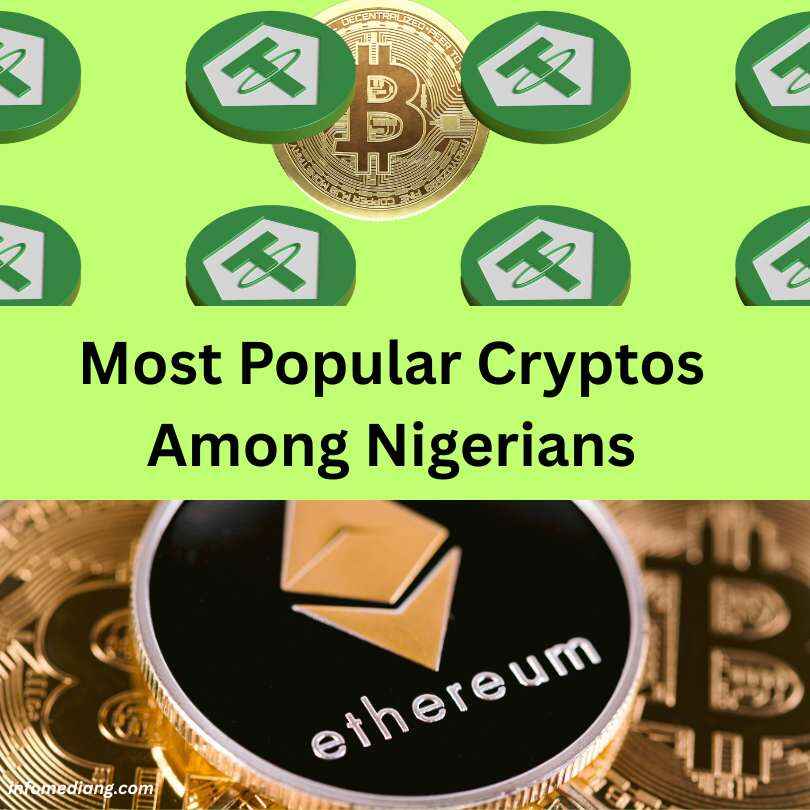Bitcoin (BTC) is the top choice of 1 in 4 Nigerians who own cryptocurrency. BTC is also accounts for 66.5% of crypto owners, 2021 Finder Cryptocurrency Adoption Index says. Nigeria’s cryptocurrency is driven by a young, tech-savvy population, high inflation rates, and costly traditional banking systems.
Note: When this article was first published on July 28, 2020, the price of Bitcoin was $9,954.22, but now a BTC is worth $117,524.77 at the time of updating this article (july 16, 2025). Your $100 investment in Bitcoin on July 28, 2020, would be worth approximately $1,180.50 today.
As Africa’s largest economy, Nigeria ranks among the global leaders in crypto adoption, with millions using digital assets for remittances, savings, and trading.
According to a 2023 Consensys survey, 99% of Nigerians are aware of cryptocurrencies, and 46% own or have owned digital assets, suggesting the country’s deep engagement with the crypto ecosystem.
So, what’s the most popular cryptocurrencies among Nigerians in 2025? Why do these digital assets dominate the Nigerian crypto market, and the factors fueling their widespread use?
Bitcoin (BTC)
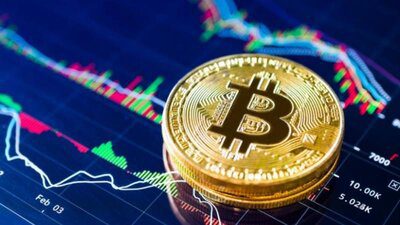
Of the 1 in 4 online adults in Nigeria who own some form of Cryptocurrency, Bitcoin is the most popular coin as it accounts for 66.5% of crypto owners, 2021 Finder Cryptocurrency Adoption Index says in a report published by Bitcoin.com
Bitcoin remains the most traded digital asset among Nigerians. Its status as the first and most recognized cryptocurrency makes it a trusted store of value, especially in an economy where the naira has faced devaluation upon assumption of office by President Bola Tinubu.
“I think there’s an acknowledgment that this technology is the future, going beyond bricks and mortar to improve cost efficiency,” added Muyiwa Oni, an analyst at Stanbic IBTC Holdings in Lagos.
Nigerians use Bitcoin for a wide a range of transactions, including remittances, peer-to-peer (P2P) transactions, and as a hedge against inflation, given its decentralized nature and global acceptance.
Platforms like Paxful reported over $760 million in Bitcoin trade volume in Nigeria in 2021, and the dominance is still very strong. The appeal lies in its reliability, liquidity, and ability to bypass high banking fees, which can reach 36% for a $200 remittance, as noted in a 2023 World Bank study (PDF).
USDT (Tether)
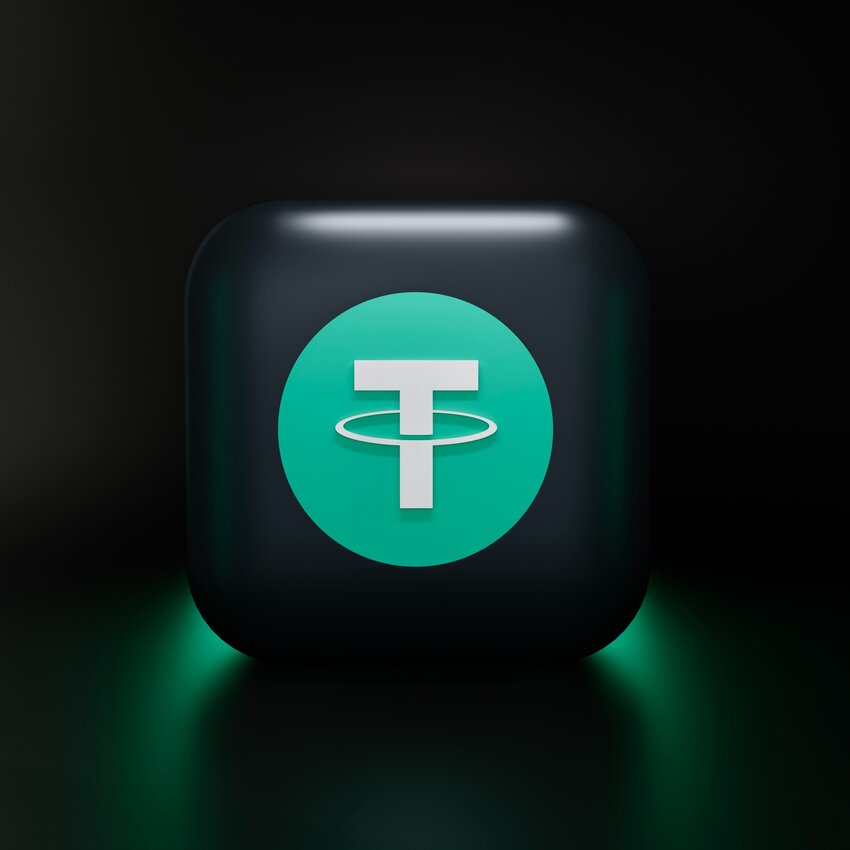
Tether (USDT) is Nigeria’s favourite Stablecoin, even on platform such as YellowCard and others. USDT is a top choice for Nigerians seeking stability in a volatile market.
As a stablecoin pegged to the U.S. dollar, USDT offers a safe haven for savings and transactions without the price fluctuations of other cryptocurrencies. A 2024 identifies USDT as a leading stablecoin in Nigeria, used widely for P2P trading and remittances due to its low transaction fees compared to traditional banking.
With over $20 billion in remittances flowing into Nigeria in 2022, USDT’s affordability and speed make it ideal for cross-border payments. Its popularity is further boosted by its availability on local exchanges like Roqqu and YellowCard Crypto App, where users can easily swap it for naira or other assets.
Ethereum (ETH)
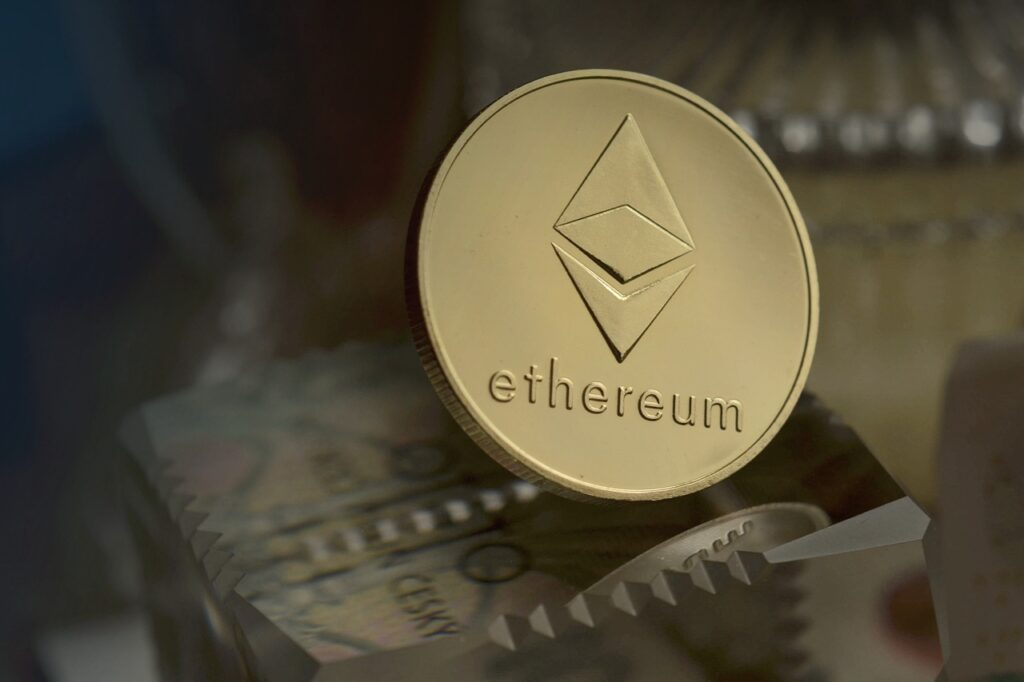
Ethereum ranks among the most cryptocurrencies used by Nigerians, with a 25% ownership rate among crypto holders in 2022, according to Finder.com. It is one of the most popular among Nigerians because of its role as a leading platform for decentralized finance (DeFi) and non-fungible tokens (NFTs).
A 2023 Consensys survey revealed that 93% of Nigerians plan to invest in NFTs within the next year, driving demand for Ethereum. Young Nigerians, particularly those under 30, are drawn to Ethereum’s smart contract capabilities, which enable participation in DeFi protocols and NFT marketplaces. Despite higher transaction fees compared to newer blockchains, Ethereum’s established ecosystem and global adoption keep it a staple in Nigeria’s crypto market.
Solana (SOL)
Solana has surged in popularity in 2025, as noted in another report, due to its fast transaction speeds and low fees, processing up to 65,000 transactions per second.
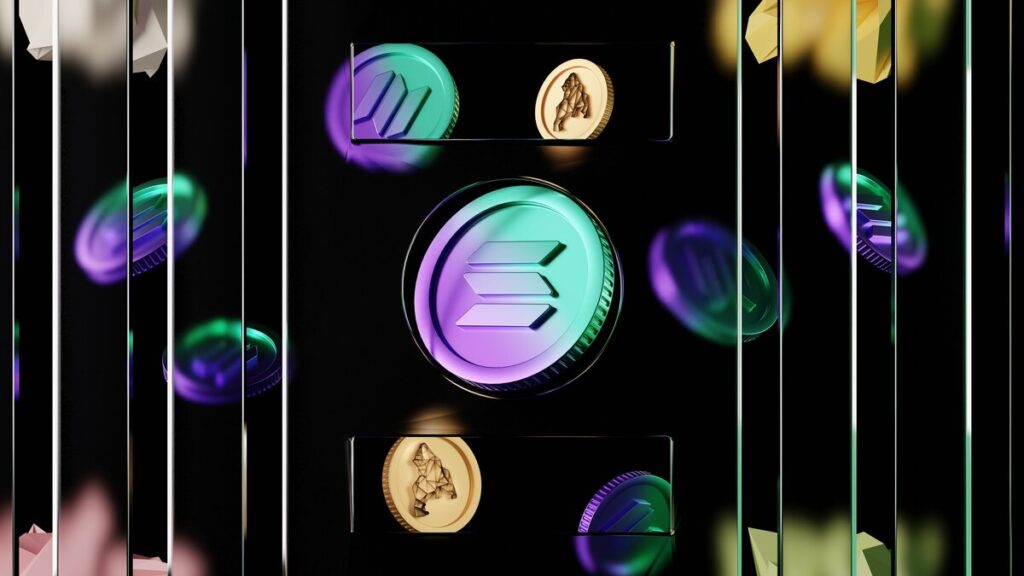
Nigerians are increasingly using Solana for DeFi, NFT trading, and casual transactions, as it offers a cost-effective alternative to Ethereum. Its accessibility on local platforms has made it a go-to choice for traders seeking efficiency without high gas fees.
Solana’s growing ecosystem, including gaming and DeFi projects, aligns with Nigeria’s youthful, innovation-driven crypto community, making it one of the most traded digital assets among Nigerians.
Ripple (XRP)
XRP is gaining traction in Nigeria for its speed and low-cost cross-border transactions, with Nigeria’s heavy reliance on remittances, XRP’s ability to settle transactions in seconds at a fraction of traditional banking costs makes it highly attractive.

The 2024 Investment and Securities Act (PDF) by the Nigeria’s Securities and Exchange Commission, which recognizes digital assets as securities, has provided clearer regulatory support, boosting XRP’s adoption.
Its partnerships with global remittance services further enhance its appeal for Nigerians sending or receiving money internationally. XRP’s growing presence on local exchanges and P2P platforms make it popular among Nigeria’s top cryptocurrencies.
Dogecoin (DOGE)
Dogecoin (DOGE) is popular for its community-driven hype and low entry cost, DOGE holds a 21.8% share among Nigerian crypto owners, as noted in a 2021 X post by @BTCTN.
TON
TON (The Open Network): Its integration with Telegram, widely used in Nigeria, has driven its rise.
Pi Network
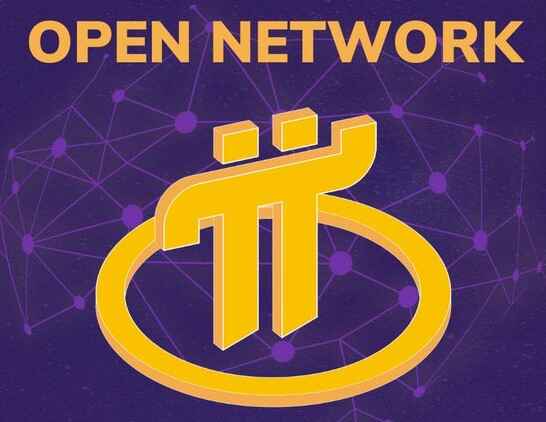
Pi Network: This mobile-mining coin has built a loyal following due to its accessibility, though it remains in early stages of market adoption.
Why Nigerians Are Buying These Cryptocurrencies
Several factors drive the popularity of these cryptocurrencies in Nigeria:
Economic challenges: The naira’s devaluation and inflation, which hit a 17-year high in 2023, after the removal of fuel subsidy and floating of the local currency (Naira) by Tinubu push Nigerians toward cryptocurrencies as a hedge against currency instability. A 2023 Consensys survey found that 65% of Nigerians view crypto as protection against hyperinflation.
High remittance costs: Traditional banking fees for international transfers are prohibitively high, often exceeding 30% per transaction. Cryptocurrencies like USDT and XRP offer low-cost alternatives, making them essential for Nigeria’s $20 billion remittance market.
P2P trading: With 65% of Nigerian crypto investors using P2P platforms in 2022, as per KuCoin, these networks enable users to bypass banking restrictions and trade directly, especially after former Nigeria’s apex bank Godwin Emefiele sanctioned banks that support crypto-related transactions through their systems. Bitcoin, USDT, and XRP thrive in this environment due to their liquidity and accessibility.
Youthful, tech-savvy population: Nigeria’s median age is 18, and 52% of crypto investors are under 30, according to 2022 report. This demographic drives adoption of innovative platforms like Ethereum and Solana for DeFi and NFTs.
Regulatory shifts: The 2024 Investment and Securities Act and the lifting of the 2021 banking ban on crypto transactions have created a more supportive environment, encouraging investment in regulated assets like XRP and Bitcoin.
Conclusion
With 99% crypto awareness and a supportive regulatory shift, Nigeria’s crypto market is on track for further growth, driven by necessity and innovation.


